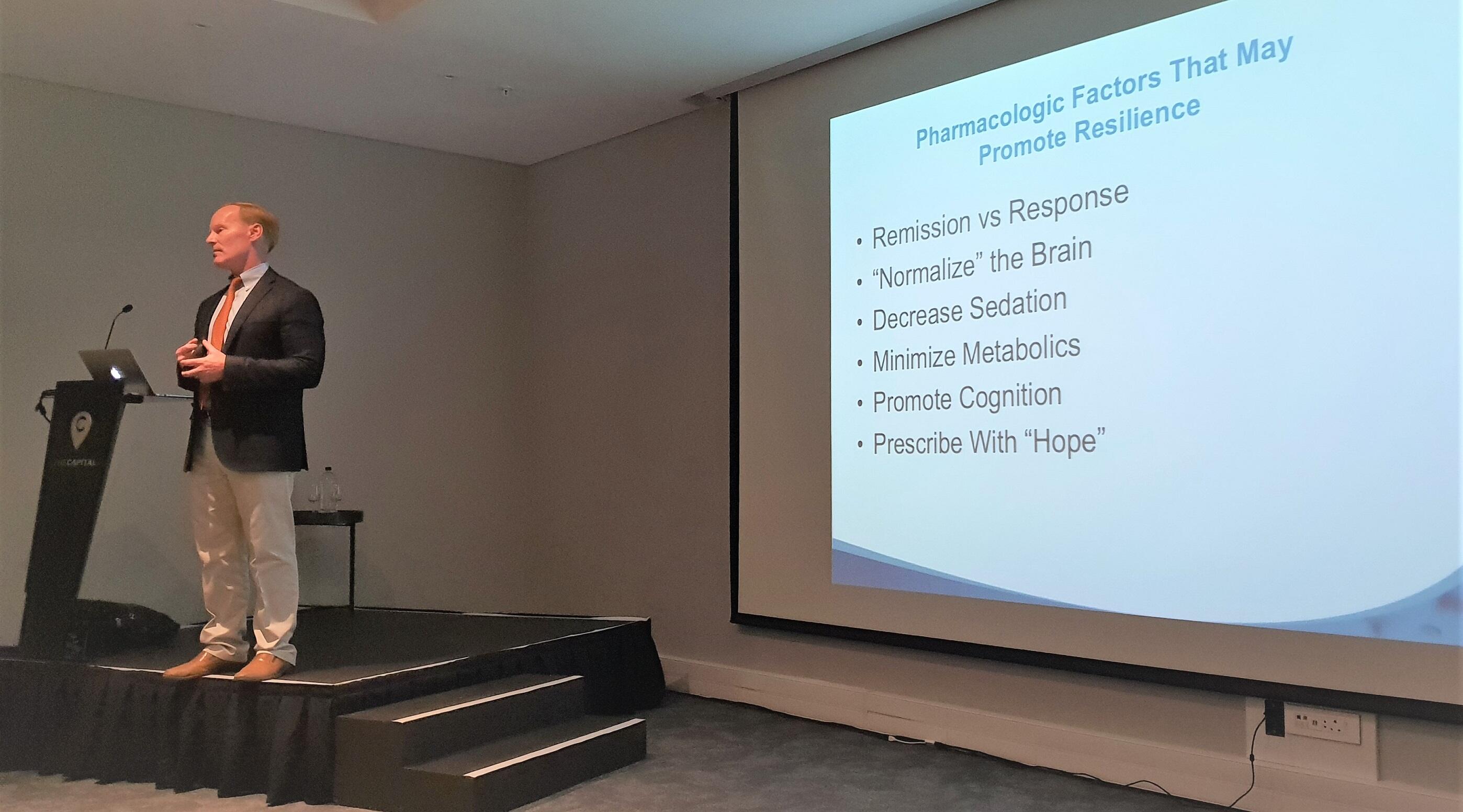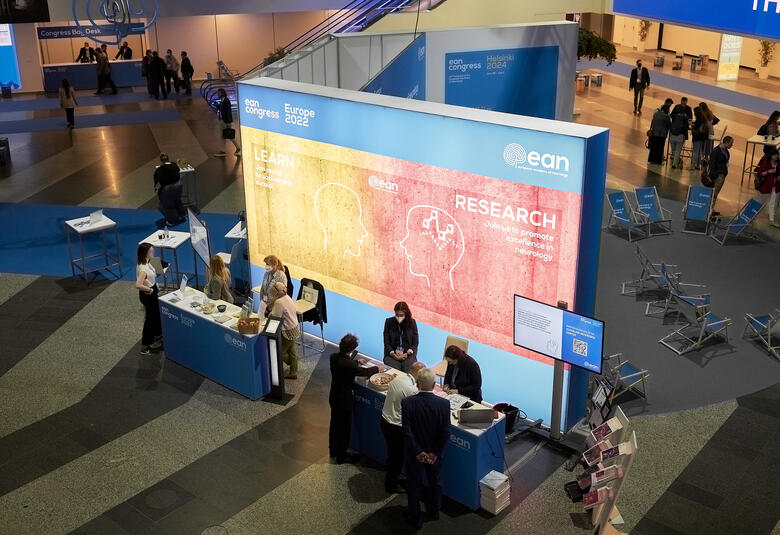It is important to be cognisant of residual symptoms of depression as up to 50% of patients still report these, even after they have been treated. Residual symptoms can cause a relapse within 32 weeks, as opposed to 135 weeks in patients who report asymptomatic recovery. Often, residual symptoms manifest as cognitive deficits, and this is the number one symptom that predicts disability in the workplace due to impairment. Patients can still go to work when they feel sad, but they can’t work if their attention, memory and processing speed are impaired, so it is important to select the correct medication for each patient.
Remember: Partially better still means partially ill.
Other scales which health care professionals can use include the Connor-Davidson Resilience Scale, the Functional Assessment Screening Tool (FAST) 20 item, and the FAST 3 item. In addition to using antidepressants and Cognitive Behavioural Therapy (CBT), what more can patients do? In one word – exercise! Exercise increases BDNF, improves depression and improves sleep measures. Remission rates doubled in patients who exercised regularly.
Want to lead a long, happy life? Contributing factors were discussed, as were means on how to promote and improve resilience.
A particularly interesting study was shared with the audience, looking at 70-year-old healthy patients, following them up for 20 years, and then looking at the probability of surviving to age 90. If a patient had all five risk factors (Diabetes, BMI > 25, smoking, alcohol use and no exercise), their chances of survival was just 4%. In contrast, those who had no risk factors had a 54% chance of survival. It was also noted that moderate alcohol consumption 3 – 4 times a week was better than no alcohol use! This is likely due to the associated social interactions that come with social drinking. Exercise should also be in moderation, 3 times a week was better for you than exercising 6 times a week or not at all.
Finally, a study among young adults who were genetically loaded for mood disorders tried to ascertain why some would not develop mood disorders, even though they were genetically primed. The number one reason was that these young adults had increased neural connectivity, which made them more resilient to depression. Positive life events, as mentioned earlier, increase BDNF, which increases neural connectivity which improves resilience to depression.
Factors which may promote resilience – differentiating between remission and response and ensuring the patient reaches remission; ‘normalise’ the brain by putting the patient on pharmacological therapy as soon as possible; decrease daytime sedation so the patient is able to function at an optimum level, minimize metabolic events; promote cognition and, perhaps most importantly, prescribe with hope. If you are hopeful, go on the journey with the patient and fully believe in their ability for recovery, this gives the patient confidence in their recovery, and in you. Examine your choice of words, your body language and prescribe with hope.




